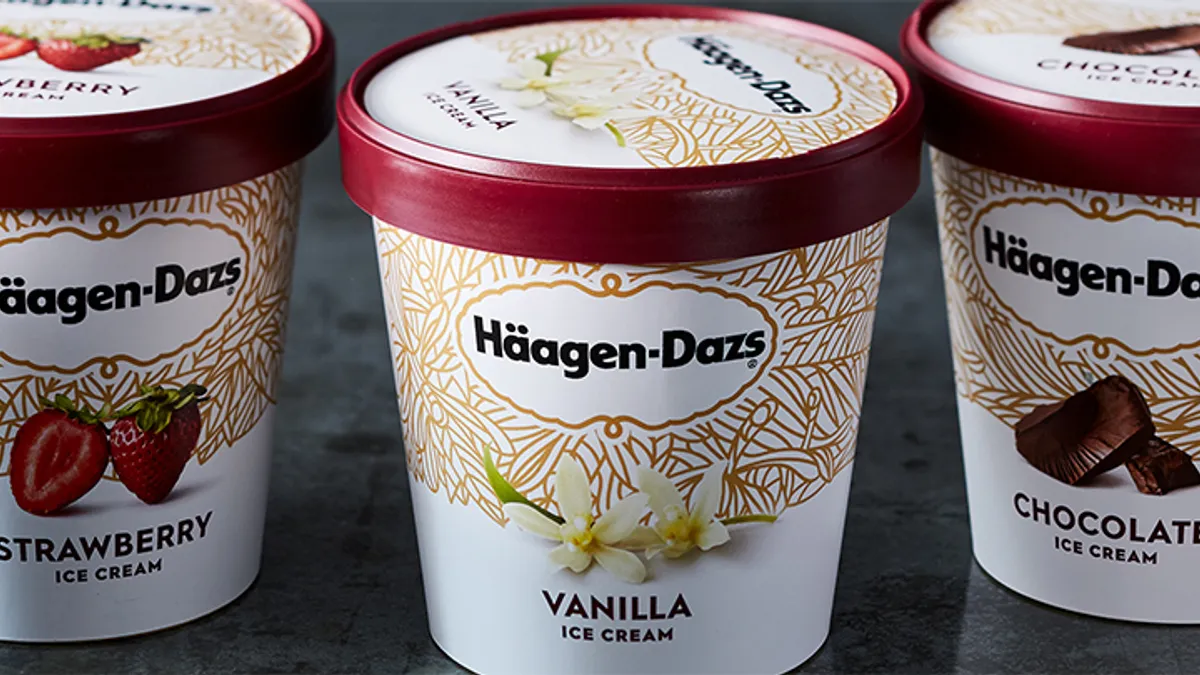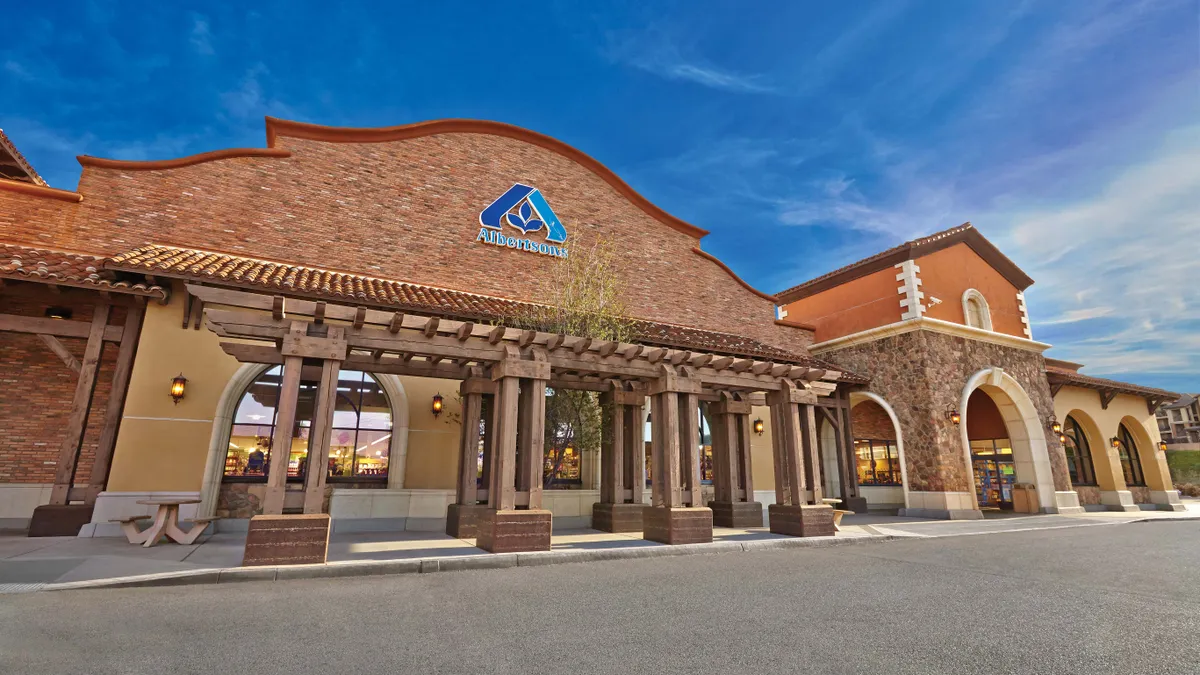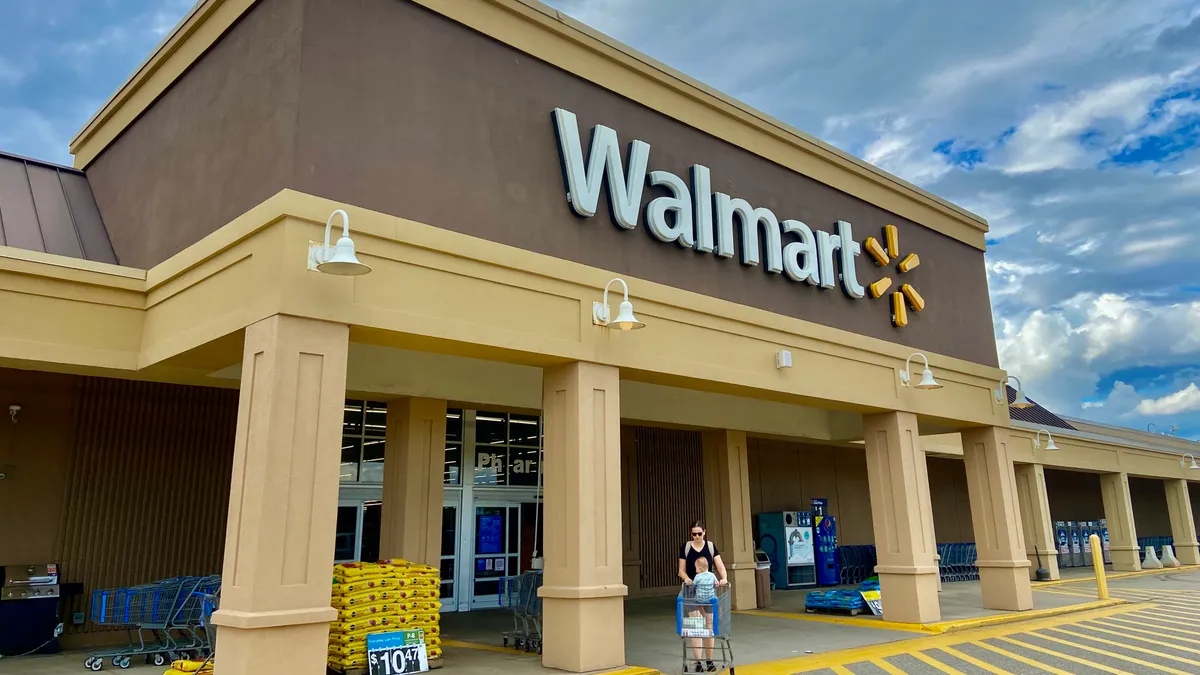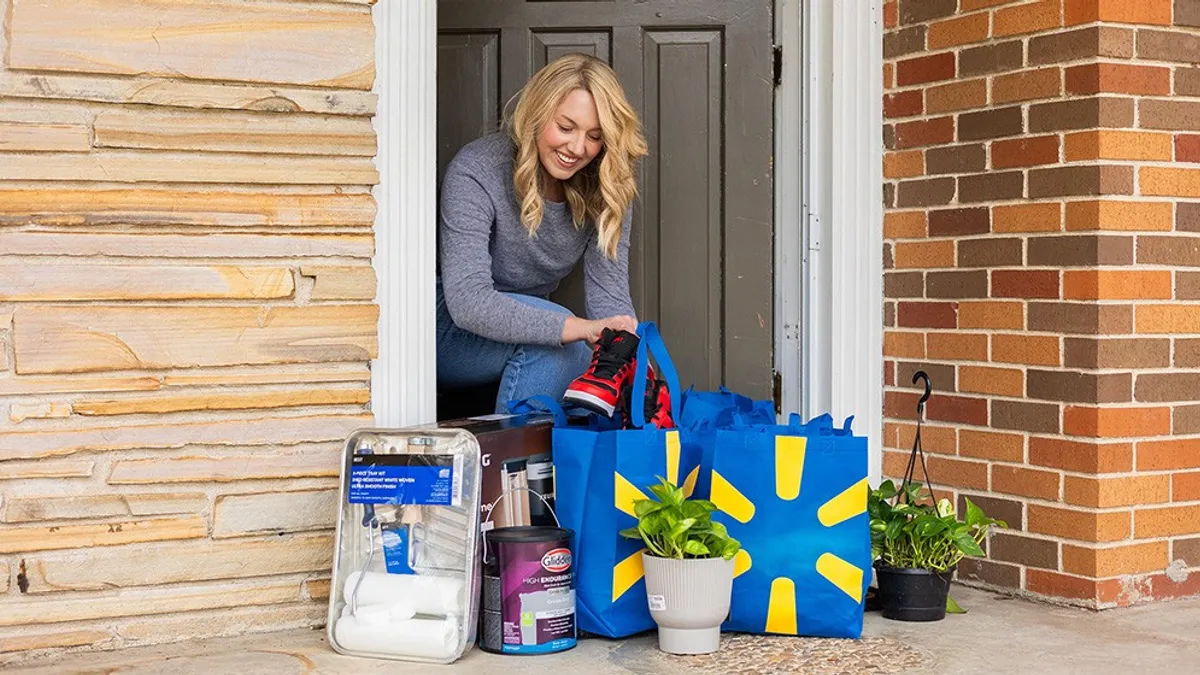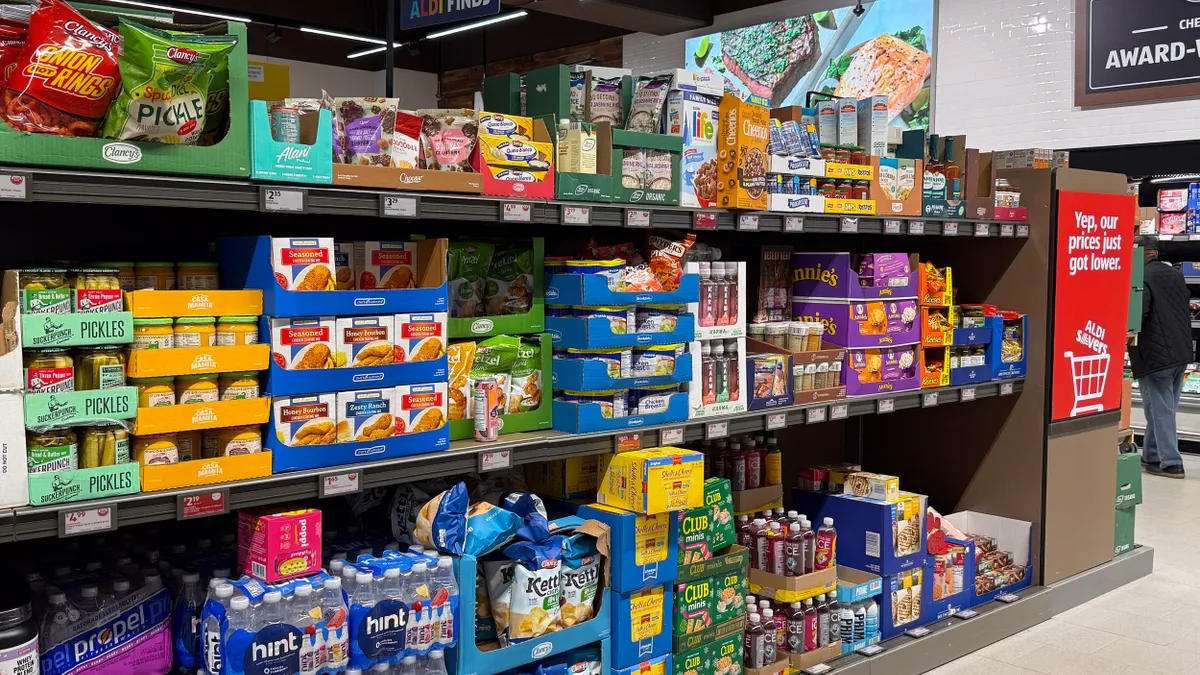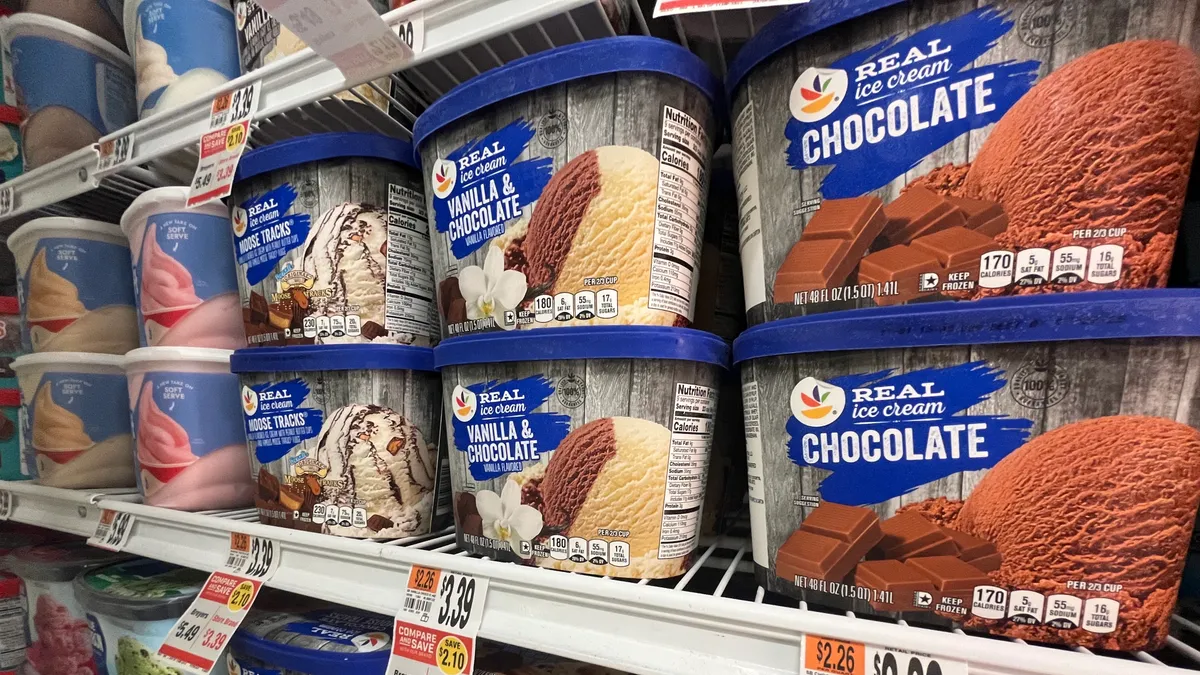BOCA RATON, Florida — U.S. companies with operations in China warned the coronavirus is hurting sales, with some cautioning at an investor conference that the epidemic could become a bigger financial drag to their business the longer the outbreak lasts.
The coronavirus epidemic has sickened more than 77,000 people and caused nearly 2,600 deaths, most of them in China, the world's second-largest economy. The outbreak worsened during the weekend in other parts of the world, providing fresh evidence that it could have a deeper and more long-lasting impact on companies with global operations.
But the epidemic has already wrecked havoc on transportation, prevented factories in China from returning to production and forced consumers there to sharply scale back on their purchases. This has started to weigh on corporations that generate sales in China, with Mondelez International, General Mills, Tyson Foods, Unilever and Coca-Cola all taking time to address the virus' impact on their businesses during presentations at the annual Consumer Analyst Group of New York conference last week in Florida.
"It's an area where [companies at CAGNY] felt they had to address it because it's evolved so much in the last two to three weeks since the earnings cycle began that it was something they couldn't not give lip service to," Erin Lash, a director of consumer equity research at Morningstar, told Food Dive. "But the companies ... suggested that they were only generating, call it 4% to 10% of sales from China, so the overall impact relative to their consolidated operations from a sales perspective probably isn't abundantly meaningful at this point."
Mondelez told analysts the virus would impact sales and squeeze margins even after it said last week that four of its manufacturing plants in China reopened, though they had not yet returned to full capacity. Executives from the maker of Oreos and Cadbury said the company has resumed shipments to retailers even though some are still closed and shelves in many stores remain empty. It's also facing a shortage of trucks and drivers, so it expects to incur some additional transportation costs.
Mondelez didn't quantify the impact that the closures in China, responsible for nearly 5% of its sales, would have on its earnings.
Sales for companies like Mondelez and Hershey that benefit from Chinese New Year, in particular, could be especially susceptible to the impacts of the outbreak, Lash said. The virus first hit during the country's biggest holiday, dampening sales as many of its largest celebrations were canceled.
“The coronavirus happened at the high peak of consumption, which is Chinese New Year, which is very important for us and many players there,” Luca Zaramella, Mondelez's CFO, said at CAGNY.
The coronavirus also has weighed on the operations of other companies. Coca-Cola said Friday that the disease will drag down its first-quarter earnings by 1 to 2 cents a share and reduce case volume by 2% to 3%. Coca-Cola’s Chinese business accounts for about 10% of its global volume.
James Quincey, Coca-Cola's CEO, told analysts the outbreak will slow sales in China, but that he wasn't concerned about the long-term impact on the beverage giant's business. "We see this ultimately as temporary at this stage," he said.
While best known in the U.S. for its cereals and yogurt, General Mills owns several Haagen-Dazs ice cream shops in China. As of last week, nearly half of its company-owned Haagen-Dazs shops were temporarily closed, and the remaining shops are operating under restricted hours.
The Greater China region represents approximately 4% of General Mills' global net sales that totaled $17 billion in its 2019 fiscal year. General Mills CFO Kofi Bruce said at CAGNY that "the rapidly evolving situation makes it difficult to quantify the full year impact of the outbreak," but that the company would update investors during its earnings call in March.
Tyson Foods cautioned that a slowdown in port activity in China has delayed exports from flowing into the region, but that demand for its protein remains strong. At Unilever, executives said they still need to gauge the impact on consumer buying habits, but noted that during the SARS outbreak in 2003 shopping trips in Hong Kong dipped 20%. The CPG giant also gets about $650 million in revenue annually from its food service business in China, a segment that will face pressure with restaurants closed or service severely curtailed because of the coronavirus.
“It is still too soon to know the total impact on our business," Graeme Pitkethly, Unilever's CFO, told the CAGNY audience. "We don't yet know the impact on consumer buying habits or for how long the epidemic with last.



